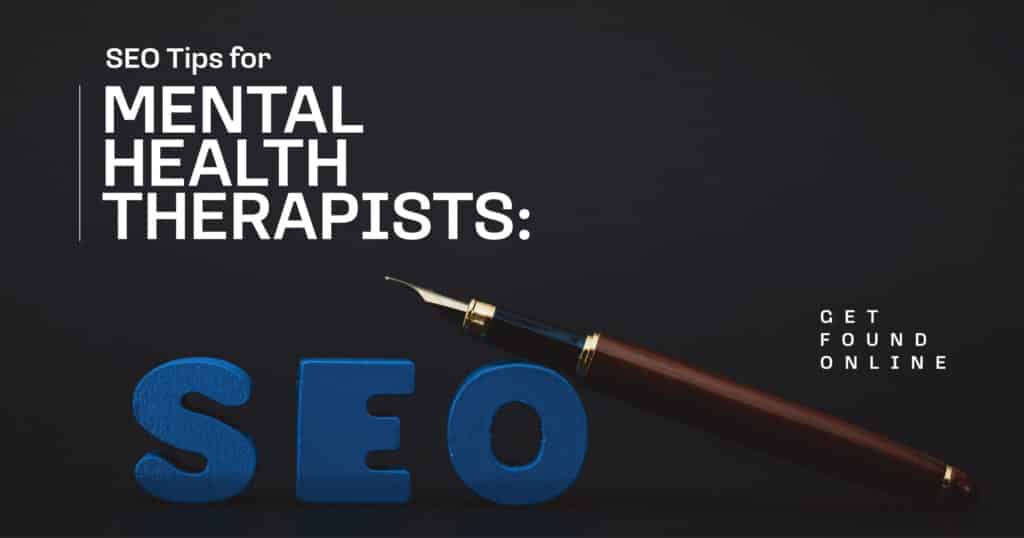In the digital age, simply being a great mental health therapist isn’t enough if your potential clients can’t find you online. As more people turn to the internet to find and vet healthcare providers, having a strong online presence has become crucial. SEO, or search engine optimization, is a powerful tool to increase your visibility in search engine results, making it easier for those in need to find your services. This article will dive into practical SEO tips specifically tailored for mental health therapists looking to enhance their online footprint and ensure they stand out in a crowded marketplace.
Understanding SEO for Mental Health Therapists
Before diving into the strategies, it’s crucial to understand why SEO is particularly important for mental health professionals.
The Role of SEO in Mental Health Practice
- Building Trust: A strong online presence helps build trust with potential clients.
- Accessibility: Effective SEO makes it easier for clients to find your practice when they need support.
- Competitive Edge: High search engine rankings can set you apart from other local therapists.
Key SEO Strategies for Therapists
Implementing the right SEO tactics can significantly impact your practice’s visibility and accessibility. Here are essential strategies to consider.
1. Optimize Your Website Structure
- Mobile-Friendliness: Ensure your website is responsive and works well on all devices since more people use mobile devices to search online.
- Fast Loading Times: A slow website can hurt your search rankings and user experience. Use tools like Google PageSpeed Insights to check your site speed.
2. Enhance On-Page SEO
- Relevant Keywords: Use keywords that potential clients might use to find mental health services, such as “anxiety therapy” or “depression counseling.”
- Meta Descriptions and Titles: Craft compelling meta descriptions and titles that include your main keywords to improve click-through rates.
3. Produce High-Quality Content
- Blog Posts: Regularly update your blog with informative articles that address common concerns or questions related to mental health.
- Video Content: Incorporate videos explaining your services or discussing common mental health issues, which can help engage visitors and improve dwell time.
4. Local SEO Optimization
- Google My Business: Claim and optimize your Google My Business listing to improve local search visibility.
- Local Keywords: Include location-based keywords in your website’s content and metadata to attract local clients.
5. Build Authoritative Backlinks
- Guest Blogging: Write articles for reputable mental health blogs or local health-related websites to gain backlinks.
- Professional Associations: Ensure you have links from professional associations or directories, as these can enhance your site’s authority.
6. Leverage Social Media
- Active Engagement: Use platforms like Facebook and LinkedIn to share your content and interact with your audience.
- Social Sharing: Encourage social sharing of your content to increase visibility and drive traffic to your website.
FAQs: Answering Your Top SEO Queries
How long does it take to see results from SEO?
SEO is a long-term strategy. Typically, it can take several months to a year to see significant changes in search rankings and website traffic.
Should I focus on SEO more than online advertisements?
Both SEO and online advertising can be effective. SEO offers long-term benefits, while online ads can provide quicker, more targeted exposure. The best strategy often involves a balance of both.
How often should I update my website content?
Regular updates are key. Aim to add new blog posts or update existing content at least once a month to keep your site fresh and engaging.









